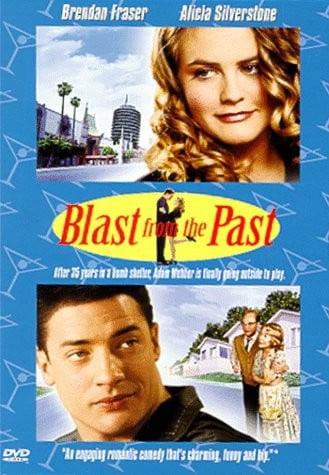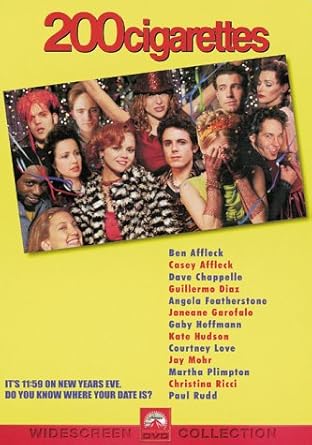Michael Mann’s crime opera clocks in at over 3 hours. It is too long, but not by much. The trimming of one plot line could have made this cool and intricate crime drama excellent. Instead, it is merely very good.
Robert De Niro and his crew of criminals (which includes Tom Sizemore and Val Kilmer) are master thieves in LA. Al Pacino and his crew of cops (which includes Wes Studi and Mykelti Williams) are master thief busters. The criminals plan and execute three jobs, and the cops try and stop them, while juggling family, wives/girlfriends, and the hazards of the professions.
The opening and closing heists are brilliantly staged by Mann, especially a bravura bank job gone wrong in downtown LA. De Niro’s crew tears through the police, making Swiss cheese of them in a several block, by-car and then on-foot getaway. I had always assumed the scene was based on a real-life North Hollywood shootout where 2 heavily armed men In body armor robbed a bank, were confronted by lightly armed police and injured a dozen of them before being shot down. In fact, the real-life robbery came two years after the movie.
The story also smartly weaves the stories of a three secondary characters (a member of De Niro’s crew who was kicked out and seeks revenge; a crooked investor for drug interests who takes exception to being ripped of by De Niro’s crew; and, a recently paroled criminal trying to stay out of the game), all of whom intersect with and enhance the primary plot. Pacino’s relationship with his third wife and her emotionally fragile daughter (Natalie Portman) is also handled well. The wife is not a stoic sufferer but a modern, divorced and frustrated character who is too focused on Pacino to the detriment of her child.
I have three complaints. First, Pacino goes a little too Scent of a Woman. He is so ferocious at times that it is hard to stifle a chuckle, and his accent is strangely southern, then it is not. He is either very good in the movie (his low-key confrontation over coffee with De Niro is one such moment) or he is cartoonish (the entire scene with his informant is bizarre; Pacino looks like he might start speaking in tongues and “Hoooooo-AHHHHHH” never seems far off).

ACTUAL STILL FROM THE PICTURE
Second, the attempt to humanize De Niro by introducing a forced love interest with Amy Brenneman is a mistake and it interrupts the pace. The relationship is unconvincing and as such, does not explain certain choices De Niro makes at the end. Given the brutality of De Niro (by my count, he kills or wounds a dozen cops and orders the execution of a security guard), it is enough for us to root for him only when he is pitted against others of his ilk. But the attempt to make the audience empathize with his lonely life of crime is several bridges too far.
Third, Val Kilmer’s escape is unconvincing, making a police character we’d been led to believe was sharp look borderline incompetent.
Otherwise, this is a stylish, gripping picture. And for music fans, Henry Rollins and Tone Loc get minor roles. Also, it features a young Ashley Judd, who bravely allowed herself to look as worn and haggard as the wife of a brutal, volatile and uncommunicative criminal should.








 <
<